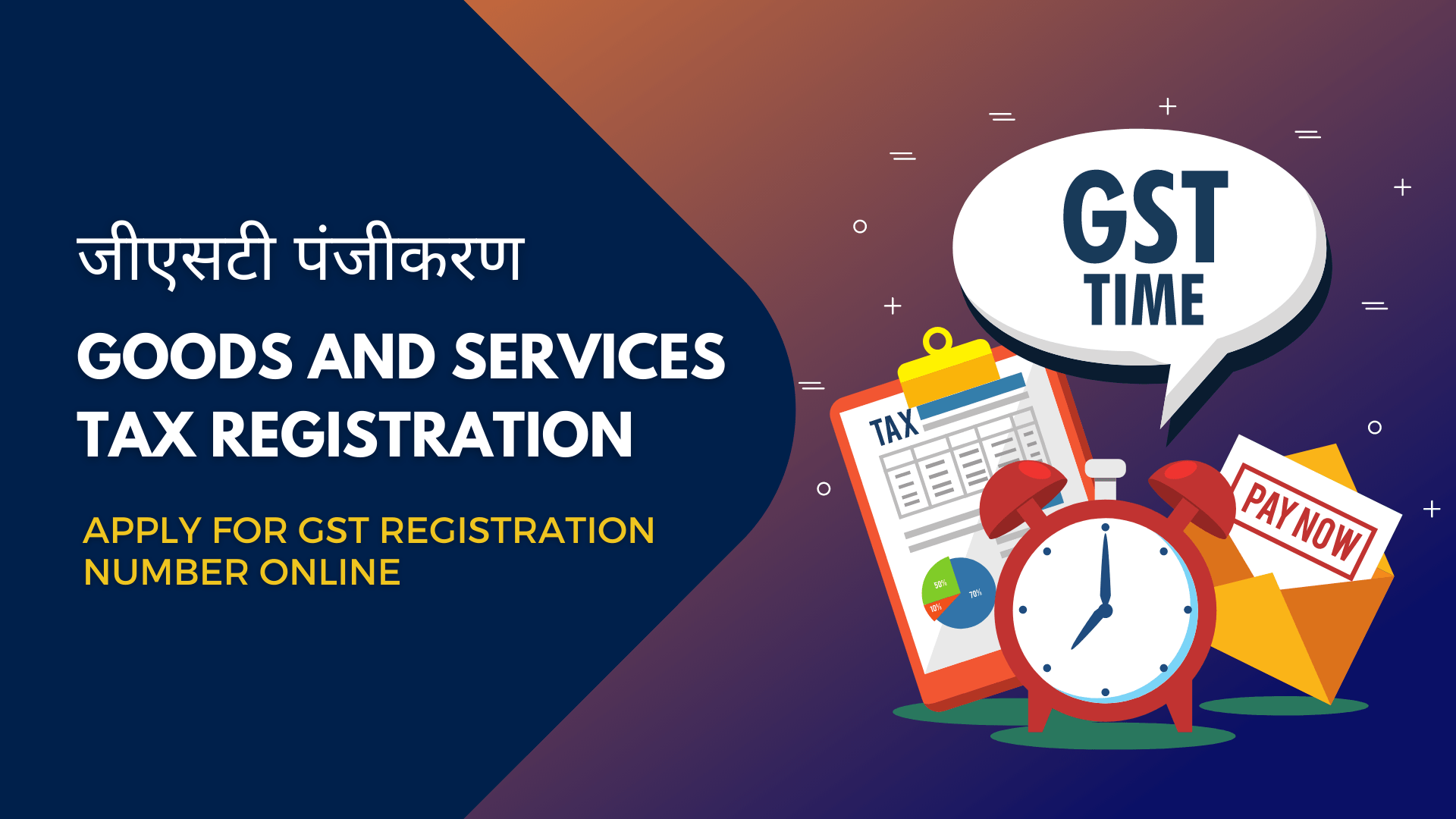Why Organizations Favor the most effective GST Registration Services in Singapore
Why Organizations Favor the most effective GST Registration Services in Singapore
Blog Article
From Beginning To End: The Ultimate Roadmap to GST Registration for Businesses Looking For Financial Stability
Navigating the complexities of Product and Provider Tax (GST) enrollment is an essential step for organizations pursuing monetary security. From recognizing the fundamental concepts of GST to conforming with post-registration standards, the procedure can appear daunting in the beginning glimpse. Nonetheless, breaking down the roadmap right into convenient actions can simplify the registration trip for organizations wanting to improve their monetary standing. Allow's discover the necessary components that comprise this best roadmap and uncover just how each phase adds to laying a strong foundation for monetary success.
Comprehending GST Fundamentals
Digging into the essential concepts of Product and Provider Tax (GST) is important for getting a comprehensive understanding of its implications on services and the economic climate. Input Tax Credit Rating (ITC) is a significant feature of GST, allowing businesses to claim credit report for taxes paid on inputs, lowering the general tax obligation worry. Recognizing the basics of GST is essential for businesses to conform with tax obligation regulations, handle their finances successfully, and add to the country's economic development by participating in a transparent tax obligation system.
Eligibility Criteria for Registration
As of the present regulations, the threshold restriction for GST registration is a yearly accumulation turnover of 40 lakhs for companies operating within a state, other than for special classification states where the limit is 20 lakhs. Additionally, specific companies are called for to register for GST irrespective of their turn over, such as interstate suppliers, casual taxed individuals, and services liable to pay tax under the reverse fee system. It is critical for services to extensively examine their turnover and deal kinds to identify their GST enrollment obligations properly.
Documents Needed for Enrollment
Having fulfilled the qualification standards for GST registration, companies need to now guarantee they have the requisite documents in place to continue with the registration procedure efficiently. The records needed for GST registration typically consist of evidence of business constitution, such as collaboration deed, enrollment certification, or consolidation certificate for various kinds of services. In addition, services require to give documents developing the principal area of this content company, such as a rental arrangement or electrical energy expense.
Step-by-Step Enrollment Process
Beginning the GST registration procedure involves a series of organized steps to guarantee a certified and smooth enrollment for services. The initial step is to visit the GST portal and submit the enrollment type with exact details of business entity. Following this, the applicant obtains a Short-lived Referral Number (TRN) which is utilized to resume the application process if it's not completed in one go.
Next, all called for records as per the list provided by the GST portal need to be uploaded. These records typically include proof of organization enrollment, address and identification evidence of promoters, financial statements, and company entity's PAN card.

Post-Registration Compliance Guidelines

Conclusion
To conclude, companies seeking monetary security has to comprehend the fundamentals of GST, satisfy eligibility criteria, collect needed records, adhere to the detailed registration process, and abide by post-registration guidelines - Best GST registration services in Singapore. By adhering to these steps, businesses can make certain conformity with tax obligation laws and keep financial security over time
In addition, particular visit this page services are called for to register for GST irrespective of their turnover, such as interstate vendors, laid-back taxable individuals, and companies liable to pay tax under the reverse fee system.Having satisfied the eligibility requirements for GST enrollment, services need to now guarantee they have the requisite records in place to continue with the registration process efficiently. The records needed for GST enrollment generally include evidence of service constitution, such as partnership action, registration certificate, or unification certificate for different kinds of businesses. In addition, companies require to supply documents establishing the principal place of service, such as a rental contract or electrical power costs.Commencing the GST enrollment procedure involves a collection of organized actions to make sure a smooth and compliant enrollment for organizations.
Report this page